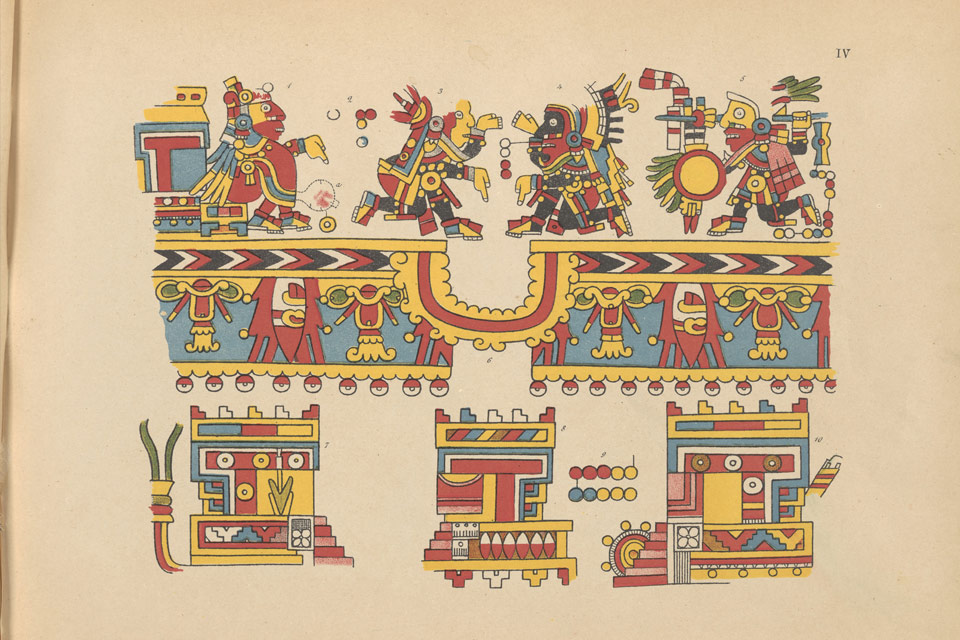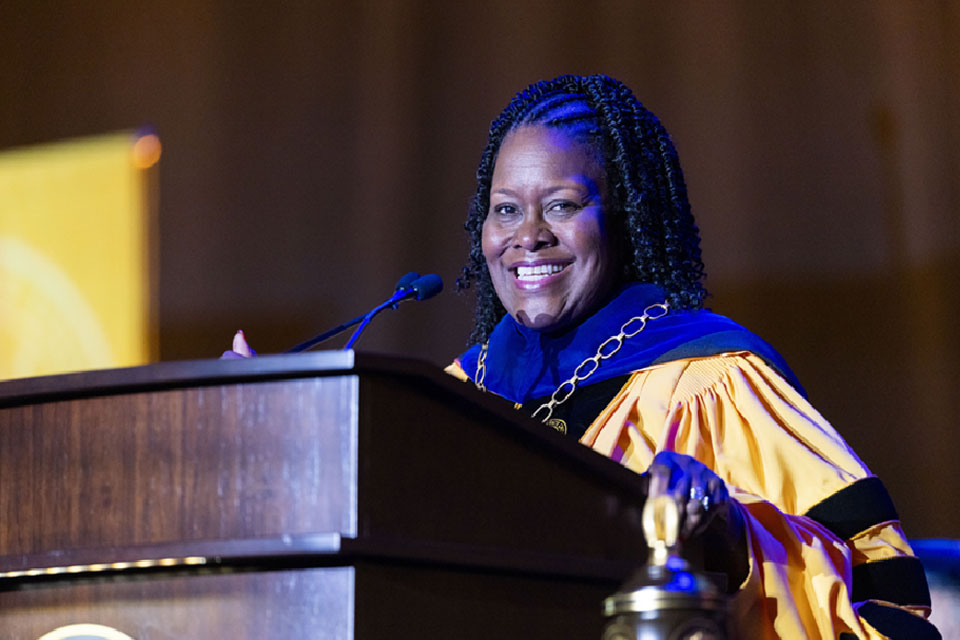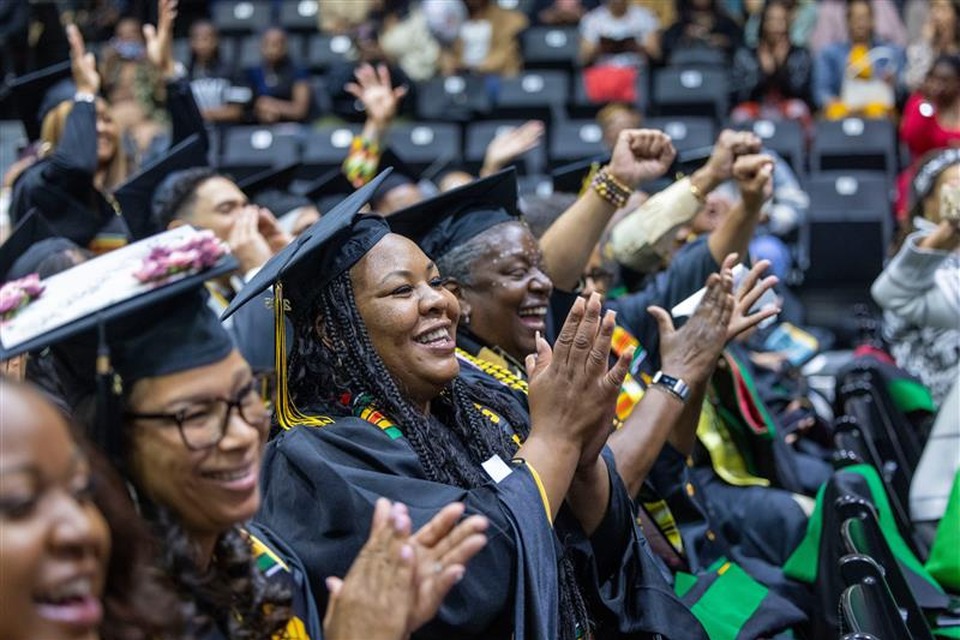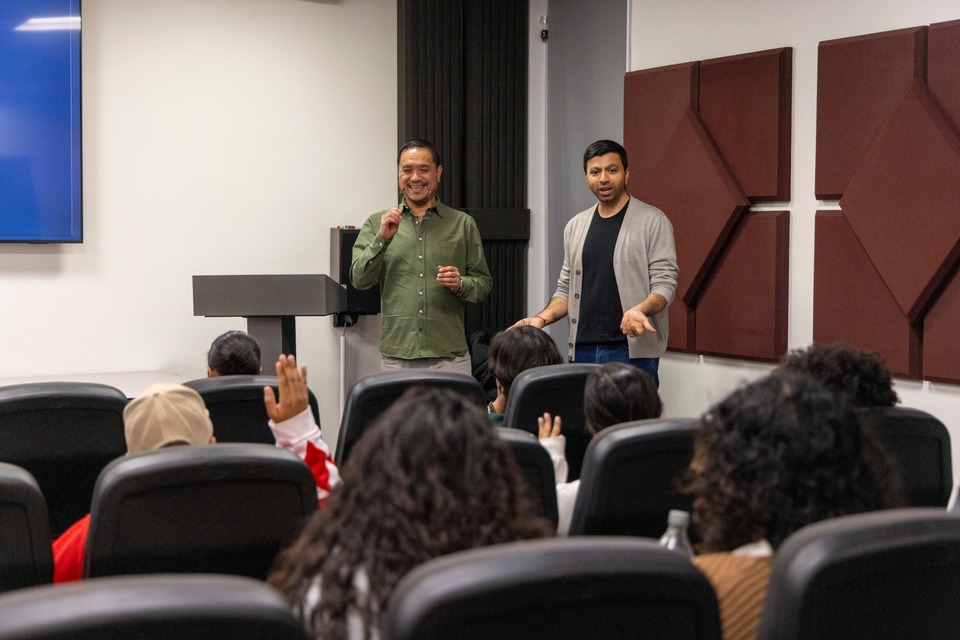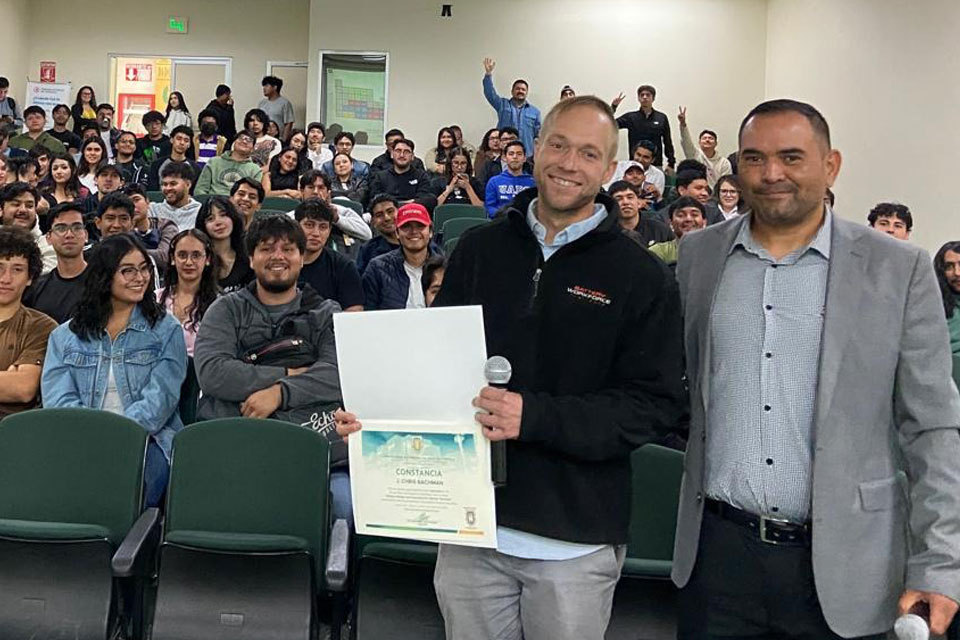Cal State LA and USC have been awarded a nearly $500,000 grant from the Council on Library and Information Resources to digitize Mesoamerican and Spanish colonial materials.
Through the three-year Digitizing Hidden Special Collections and Archives grant, Cal State LA and USC will receive support for the digitization of cultural artifacts, rare books, and photography collections from their libraries. The project aims to preserve a diverse and visually compelling record of Mesoamerican and Spanish colonial cultures and many facets of the region’s complex history.
“The work to digitize and preserve our unique and distinctive collections has been a strategic priority for the University Library, and we are excited and honored to have been selected to receive the Council on Library and Information Resources’ Digitizing Hidden Special Collections and Archives award,” said Carlos Rodriguez, dean of the University Library at Cal State LA.
The grant will help digitize, physically preserve, and provide digital public access to rare books and artifacts from Cal State LA’s Mesoamerica and Colonial Mexico Rare Book Collection and the MAW Collection.
The Mesoamerica and Colonial Mexico Rare Book Collection is comprised of papers and research works of Wayne Ruwet, an anthropology scholar and book collector; John B. Glass, an authority on pre-Columbian hieroglyphic manuscripts; and H.B. Nicholson, a scholar of the Aztecs. The H.B. Nicholson collection includes approximately 10,000 slides originally housed in the Cal State LA Archaeology Laboratory.
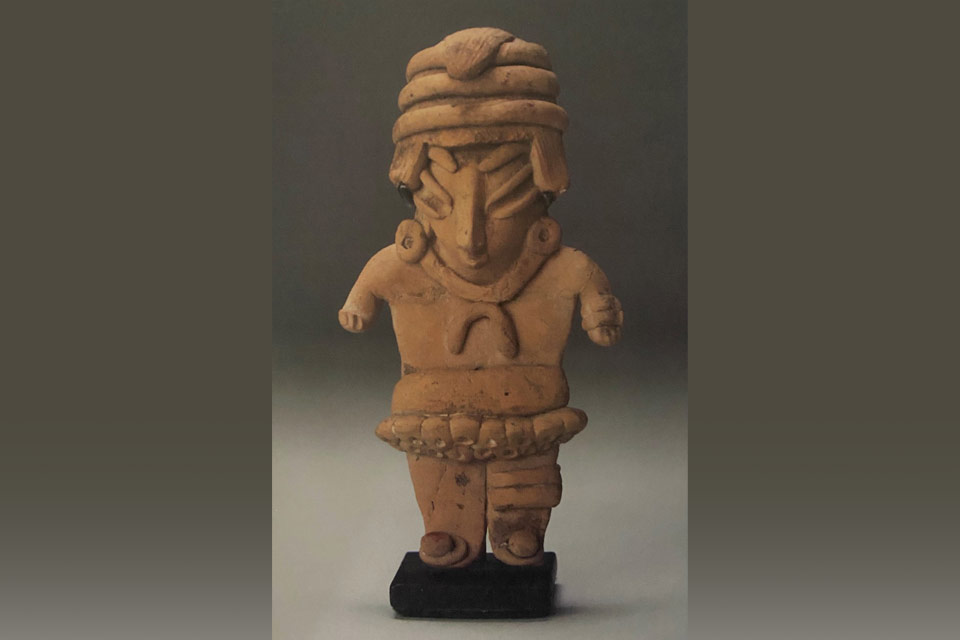
Image: Standing Male Figure of Ballplayer; Mexico, Guanajuato, Chupícuaro; late pre-classic 200 BC-1 BC. (Credit: Cal State LA Special Collections & Archives/MAW Collection)
The MAW Collection contains clay, stone, and metal artifacts representing the Tlatilco, Las Bocas, Chupícuaro, Mezcala, Olmec, Mixtec, Shaft Tomb, Tlapacoya, Zapotec, Maya, and Teotihuacan cultures and traditions from the pre-classic, proto-classic, and classic periods.
Mario H. Ramirez, head of special collections and archives at the University Library at Cal State LA, said the grant will help “highlight the profound connections between the histories of Mexico, Central America, and the diverse communities of Southern California.”
Through the grant, the Cal State LA-USC team will highlight the contributions of Aztec, Maya, Shaft Tomb, and other Indigenous cultures. The digital collections will also trace contacts with Spanish colonial entities, changes in the Mesoamerican built environment over time, and the role of the Mesoamerican past in the formation of Latinx identities in the United States.
Ramirez and Azalea Camacho of Cal State LA will lead the joint project team, along with Barbara Robinson of the USC Libraries’ Boeckmann Center for Iberian and Latin American Studies. Team members include Jamie Zeffery of Cal State LA and Bill Cunningham, Wayne Shoaf, Louise Smith, Tim Stanton, and Michaela Ullmann of the USC Libraries.
The joint team will also collaborate on digital humanities projects utilizing the open-source Scalar platform, primary source literacy initiatives, and exhibitions. The team will work with a number of K-12 schools in the greater Los Angeles area and community partners to expand access to rich materials documenting the Mesoamerican past.
The rare materials from the archival collections held by both Cal State LA and USC will eventually be freely accessible via the Cal State LA digital library, the USC Digital Library, Calisphere, and the Digital Public Library of America.
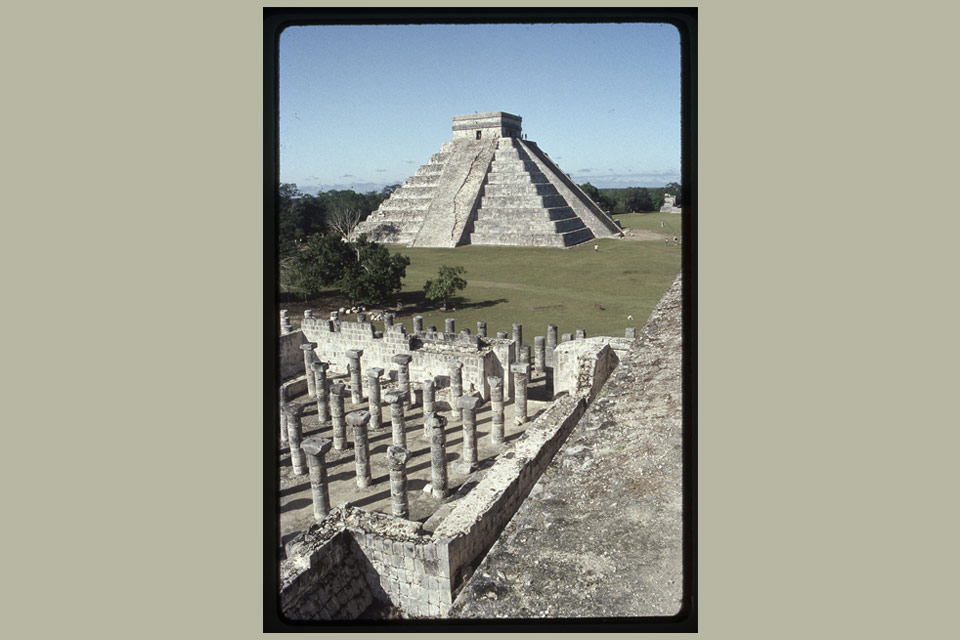
Photo: Temple of Kukulcán, Chichen Itza, Yucatán, Mexico (Credit: USC Libraries, Special Collections/Payne Johnson Collection)
# # #
The Council on Library and Information Resources is an independent, nonprofit organization that forges strategies to enhance research, teaching, and learning environments in collaboration with libraries, cultural institutions, and communities of higher learning. To learn more, visit www.clir.org.
California State University, Los Angeles is the premier comprehensive public university in the heart of Los Angeles. Cal State LA is ranked number one in the United States for the upward mobility of its students. Cal State LA is dedicated to engagement, service, and the public good, offering nationally recognized programs in science, the arts, business, criminal justice, engineering, nursing, education, and the humanities. Founded in 1947, the University serves about 27,000 students and has more than 250,000 distinguished alumni.
Cal State LA is home to the critically acclaimed Luckman Fine Arts Complex, Pat Brown Institute for Public Affairs, Hertzberg-Davis Forensic Science Center, Hydrogen Research and Fueling Facility, Billie Jean King Sports Complex and the TV, Film and Media Center. For more information, visit www.CalStateLA.edu.

